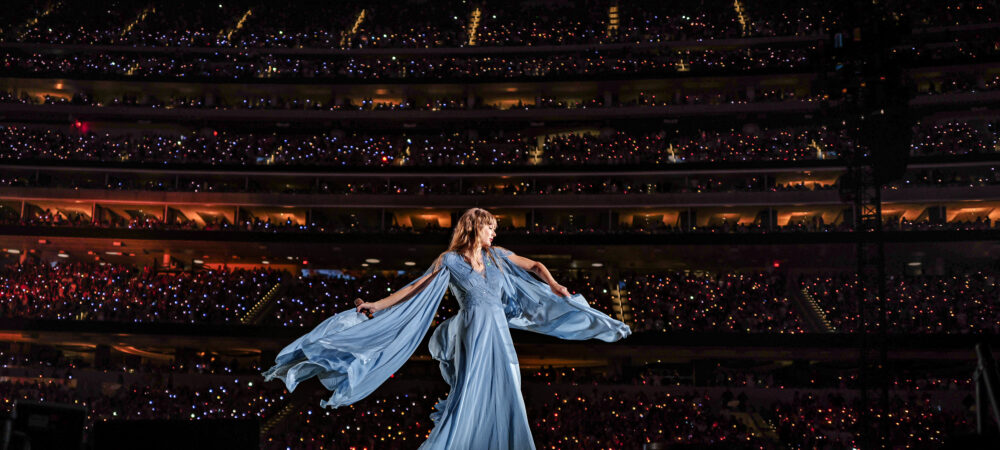In today’s world, it is common to religiously watch each live stream of your favorite gamer, closely follow the main character of your favorite show, or consistently keep up with your favorite music artist without missing a beat.
Everyone wants to be connected with the people they admire, especially the famous ones. In the age of social media, it has become much easier to interact with celebrities, content creators, and other media figures. Even the social media presences of these individuals and groups are often deliberately engineered so that fans feel a certain intimacy with them. For some, this is simply a welcome distraction from their daily lives. For others, the line between being just a fan and a close friend of a public figure begins to blur, and the relationship transforms into a parasocial one.
Parasocial relationships (PSRs) are one-sided relationships where one party contributes their emotional energy, interest, and time into a group or individual they do not actually know, while the other party is unaware of their existence. PSRs are a normal phenomenon as humans naturally seek emotional connection, which can not only be found in friends and family, but also in fictional characters and celebrities.
When technology was limited, PSRs mainly existed between people and television personas since they encountered them most frequently. The rise of social media introduced new, more accessible platforms for closer interactions, which evolved and strengthened those one-sided bonds. Celebrities and content creators showing snippets of their lives and interacting with fans online creates a sense of familiarity for the viewers who are inclined to believe the supposed authenticity of these media figures. While these interactions might imitate genuine social connections, the relationships still remain parasocial. However, PSRs can vary in their nature from lighthearted to obsessive and, consequently, influence people to act as if they had a real-life relationship with the person. For example, fans of Taylor Swift are known for their intense support of the singer, showing up not only to her concerts but also outside her hotel rooms because they crave her personal acknowledgment.
“Celebrities and content creators showing snippets of their lives and interacting with fans online creates a sense of familiarity for the viewers who are inclined to believe the supposed authenticity of these media figures.”
When these feelings of admiration start to sour toward obsession, it creates a serious problem. As PSRs increase in intensity, individuals believe that they personally know the media figure and overstep their boundaries as fans. They may get distressed at any criticism of the figure, which can have detrimental effects on mental health and social life as they struggle to maintain genuine interpersonal relationships. The extreme end occurs when people become consumed by their attachment and disconnect from reality, displaying pathological behaviors like stalking and harming those around them. This unhealthy attachment is prominent in the K-pop industry because of their marketing. From messaging apps, like Weverse, to one-on-one fan meetings, K-pop artists share content and interactions that specifically cater to fans’ sympathies and desires. Encouraged to believe these special connections are real, fans begin to feel entitled to their idols’ personal lives. There have been reports of stalkers breaking into their homes, calling their personal numbers, and hacking their flight information.
However, most PSRs exist for entertainment and social purposes. When fans unite with other fans over their shared interests in media figures, they can channel their interest in public figures in a positive and rewarding way. This promotes a sense of community and belonging without exacerbating the deceptive nature of parasocial relationships. Having access to a supportive community can help to combat loneliness, develop a sense of self, and improve behaviors and attitudes towards stigmatized topics.
Despite possible extreme outcomes, PSRs are not inherently bad. They are merely a byproduct of human nature in the context of entertainment and social media. These relationships can provide a comforting escape from the difficulties we face in our day-to-day lives. We just have to be careful to not blur the line between reality and fantasy in our heads.

